
Community urology practices have routinely used darolutamide in both doublet and triplet regimens to treat metastatic hormone-sensitive prostate cancer.

Community urology practices have routinely used darolutamide in both doublet and triplet regimens to treat metastatic hormone-sensitive prostate cancer.
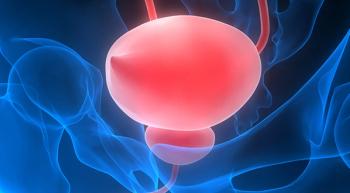
Nadofaragene firadenovec resulted in durable antitumor activity at 5 years in patients with BCG-unresponsive NMIBC either with carcinoma in situ or papillary disease.

Enzalutamide with and without leuprolide improves rates of undetectable PSA levels compared with leuprolide alone in castration-sensitive prostate cancer.

Patients with high-risk prostate cancer treated with apalutamide with androgen deprivation therapy following radical prostatectomy had a recurrence-free survival rate of 100% after 2 years.
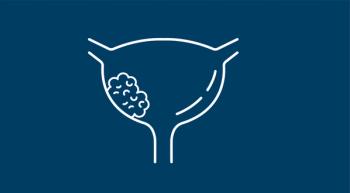
Patients with Bacillus Calmette–Guérin-unresponsive high-risk non–muscle-invasive bladder cancer treated with TAR-200 exhibited a high complete response rate to the treatment.
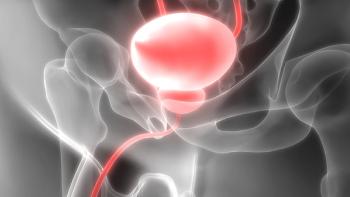
Patients with newly diagnosed and recurrent low-grade intermediate-risk non-muscle-invasive bladder cancer treated with UGN-102 displayed meaningful and similar responses and disease-free survival regardless of whether they underwent surgery.

Enzalutamide plus leuprolide lowered the risk of metastases or death by 58% compared with placebo plus leuprolide.
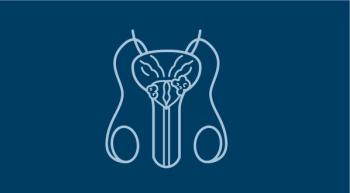
Apalutamide plus androgen deprivation therapy (ADT) yielded a progression-free survival of 24.5 months vs 21.0 months with ADT alone.
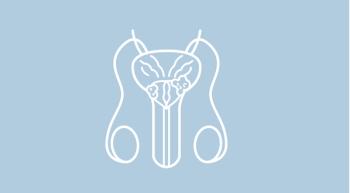
A database analysis showed that zoledronic acid led to a 64% reduction in fracture risk among patients with metastatic hormone-sensitive prostate cancer.

Nivolumab bested placebo in improving disease-free survival rates in patients with muscle-invasive urothelial carcinoma and muscle-invasive bladder cancer.

Most patients experienced at least a 50% reduction in incontinence episodes at 6 months with the miniature device.
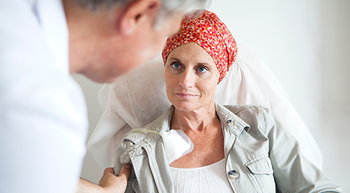
Phase 2a trial data suggest that single-dose URO-902 may be an effective, and safe, treatment for women experiencing difficulties with bladder control.

Radioligand therapy with 177Lu-PSMA-I&T elicited favorable PSA responses and a safety profile similar to PSMA-617.

Findings from a real-world, retrospective analysis support the use of apalutamide for the prostate-specific antigen reduction among patients with metastatic castration-sensitive prostate cancer.

Investigators reported that mitomycin gel was not associated with decrements in urinary symptoms, bloating and flatulence, or malaise, and that sexual function only mildly worsened.
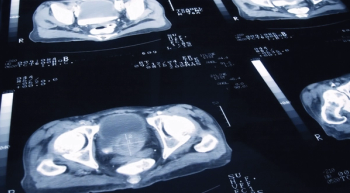
Darolutamide significantly prolonged metastasis-free survival compared with placebo in men with nonmetastatic castration-resistant prostate cancer with no added toxicity.
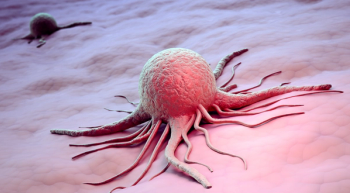
The combination of PARP inhibition and androgen receptor targeted therapy was found to be tolerable in patients with metastatic castration-resistant prostate cancer and homologous recombination repair gene alterations.
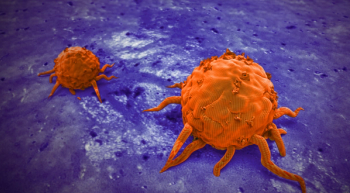
Relugolix, an oral gonadotropin-releasing hormone receptor antagonist, demonstrated a manageable toxicity profile for patients with advanced prostate cancer.
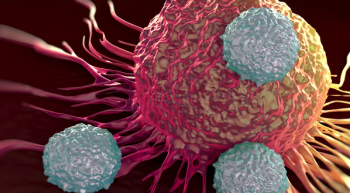
In patients receiving immune checkpoint inhibition to treat their metastatic urothelial carcinoma, immune-related adverse effects may serve as a prognostic marker for progression-free and overall survival.
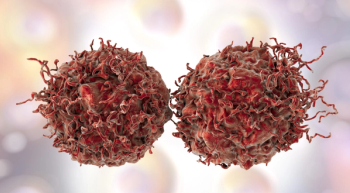
A post-hoc analysis of the phase 3 ARCHES found enzalutamide plus androgen deprivation therapy to be an effective treatment for patients with metastatic hormone-sensitive prostate cancer, no matter their history of prior local therapy.

Patients with locally advanced muscle invasive bladder cancer may experience superior benefit from gemcitabine and carboplatin if the chemotherapy is co-administered with vitamin c.

Patients with prostate cancer fared better following treatment with magnetic resonance-guided focused ultrasound focal therapy than with radical prostatectomy or radiation therapy, shows study presented at 2021 AUA Annual Meeting.
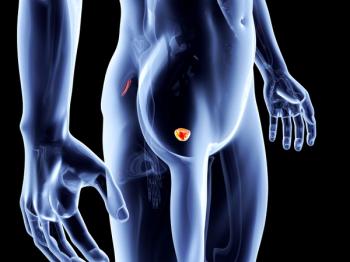
Real-world evidence recently presented at the 2021 AUA Annual Meeting showed that high adherence rates and favorable prostate-specific antigen (PSA) response were observed in men with nmCRPC who were treated with apalutamide.

Obese men are more likely to have improved overall survival following treatment for mCRPC than man who are overweight or normal weight, analysis finds.

Yoga has a positive impact on the vagus nerve, which influences how people think, remember, and feel, and therefore can improve the mental well-being of patients with prostate cancer.

Researchers identified a slower rate of health-related quality of life deterioration, as well as an ability to postpone locally invasive procedures, in patients with nonmetastatic castration-resistant prostate cancer who received darolutamide.